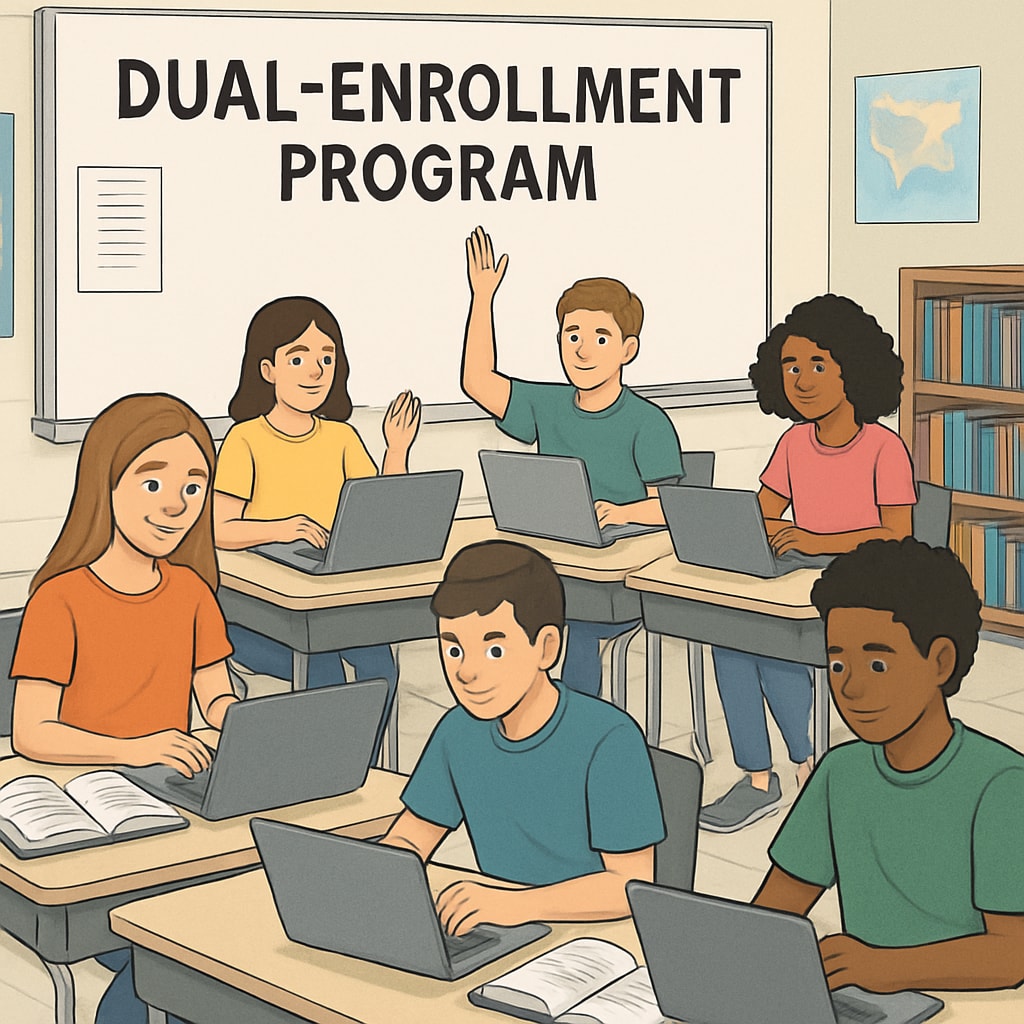The transition from K12 education to higher education is a critical period in a student’s academic journey. Institutions that embody key traits of support and empowerment play a vital role in ensuring students achieve “academic success traits, complete their studies, and thrive in higher education.” By fostering environments that prioritize student well-being, adaptability, and lifelong learning, these institutions lay the foundation for future achievement. This article delves into the characteristics that make such institutions effective, from K12 schools to universities, and examines how they can better support students during this pivotal transition.
Key Traits of Institutions Supporting Academic Success
Effective educational institutions share key traits that enable students to succeed academically. These include personalized learning approaches, robust support systems, and a focus on skill development. For example, institutions that provide individualized learning plans cater to diverse student needs, ensuring no learner is left behind. Additionally, mental health resources and academic advising services are critical components of a robust support system that fosters resilience and growth.
- Personalized Learning: Tailoring instruction to different learning styles and abilities.
- Supportive Resources: Access to counseling, tutoring, and mentoring services.
- Skill Development: Emphasizing critical thinking, time management, and communication skills.

Bridging the Gap Between K12 and Higher Education
The transition from K12 education to college can be challenging, as students face new academic expectations, social environments, and increased autonomy. Institutions that effectively bridge this gap focus on college readiness programs, mentorship, and early exposure to higher education experiences. For instance, offering dual-enrollment courses allows high school students to earn college credits, easing their transition and building confidence. Mentorship programs also help students navigate challenges by providing guidance and emotional support.

Creating Lifelong Learners Through Holistic Education
Beyond academic achievement, institutions aiming to support students must prioritize the cultivation of lifelong learners. This involves teaching students how to adapt to changing circumstances, think critically, and engage in continuous self-improvement. Universities and K12 schools that emphasize project-based learning and interdisciplinary approaches encourage intellectual curiosity and problem-solving skills. As a result, students are better equipped to handle the complexities of higher education and beyond.
In conclusion: Institutions that foster academic success traits do more than help students graduate—they empower them to thrive in their educational journeys and develop as lifelong learners. By prioritizing personalized learning, bridging the transition from K12 to college, and promoting holistic education practices, these institutions make a lasting impact on student growth and achievement.
Education on Wikipedia and Education on Britannica provide valuable resources for understanding the broader context of institutional support in education.


